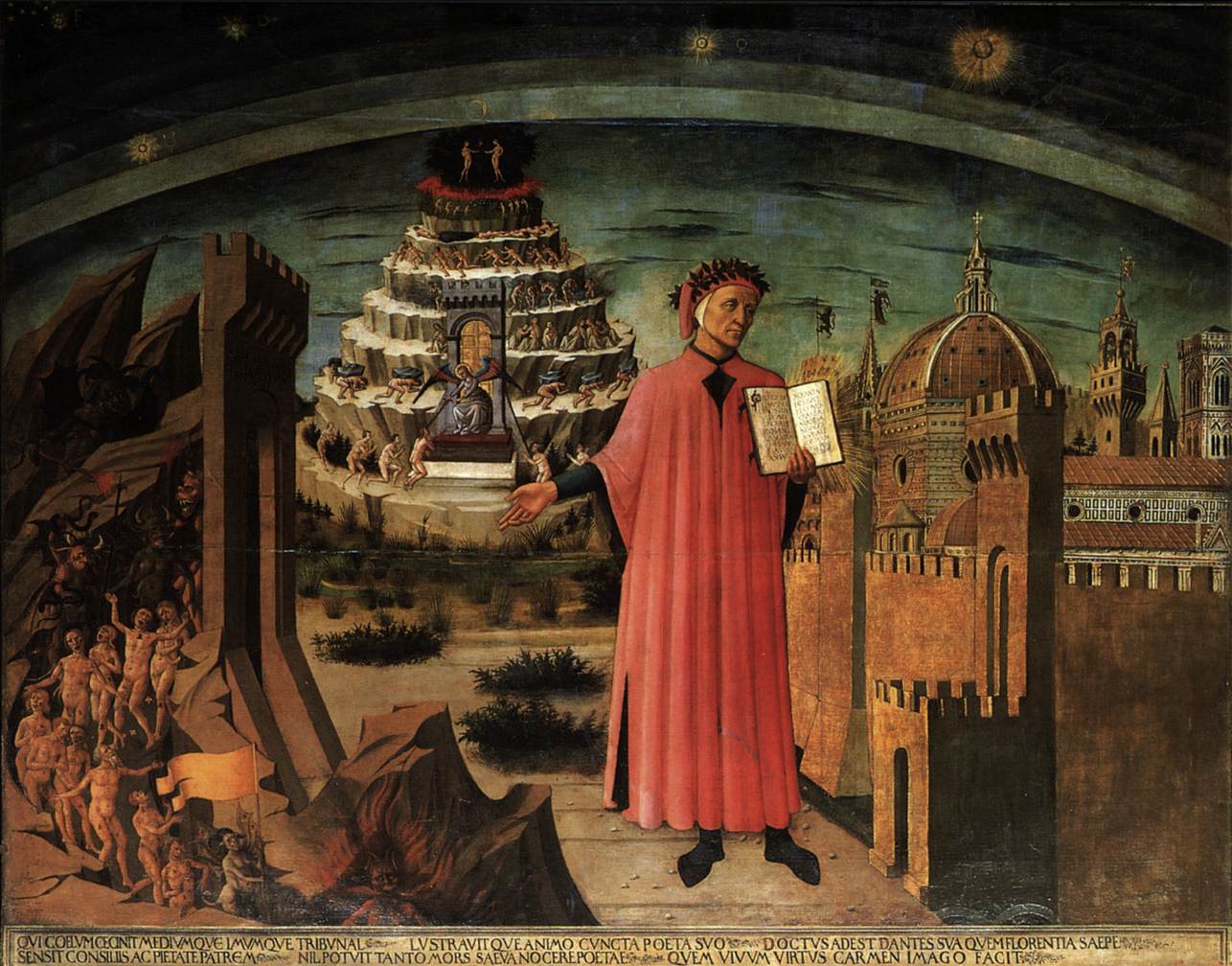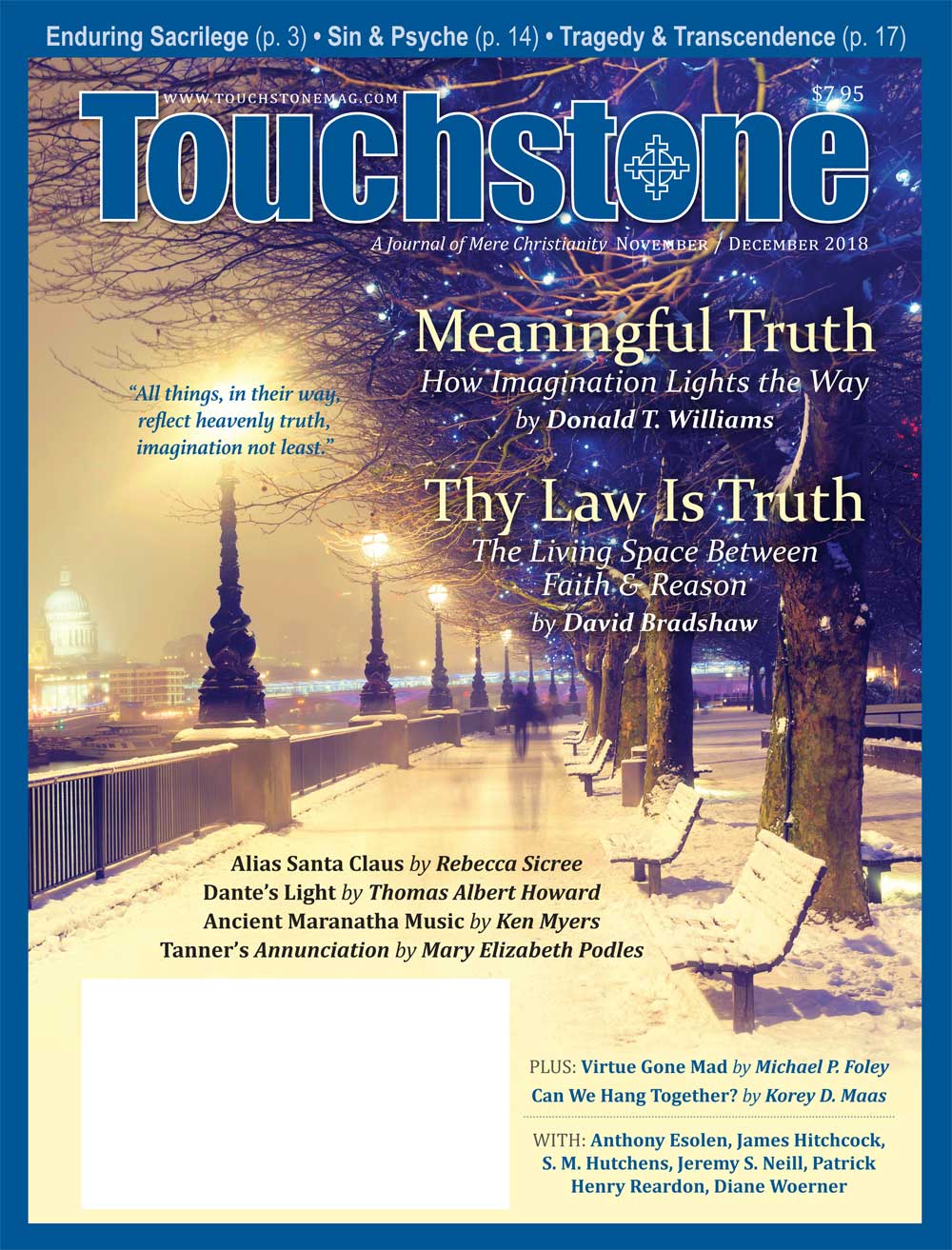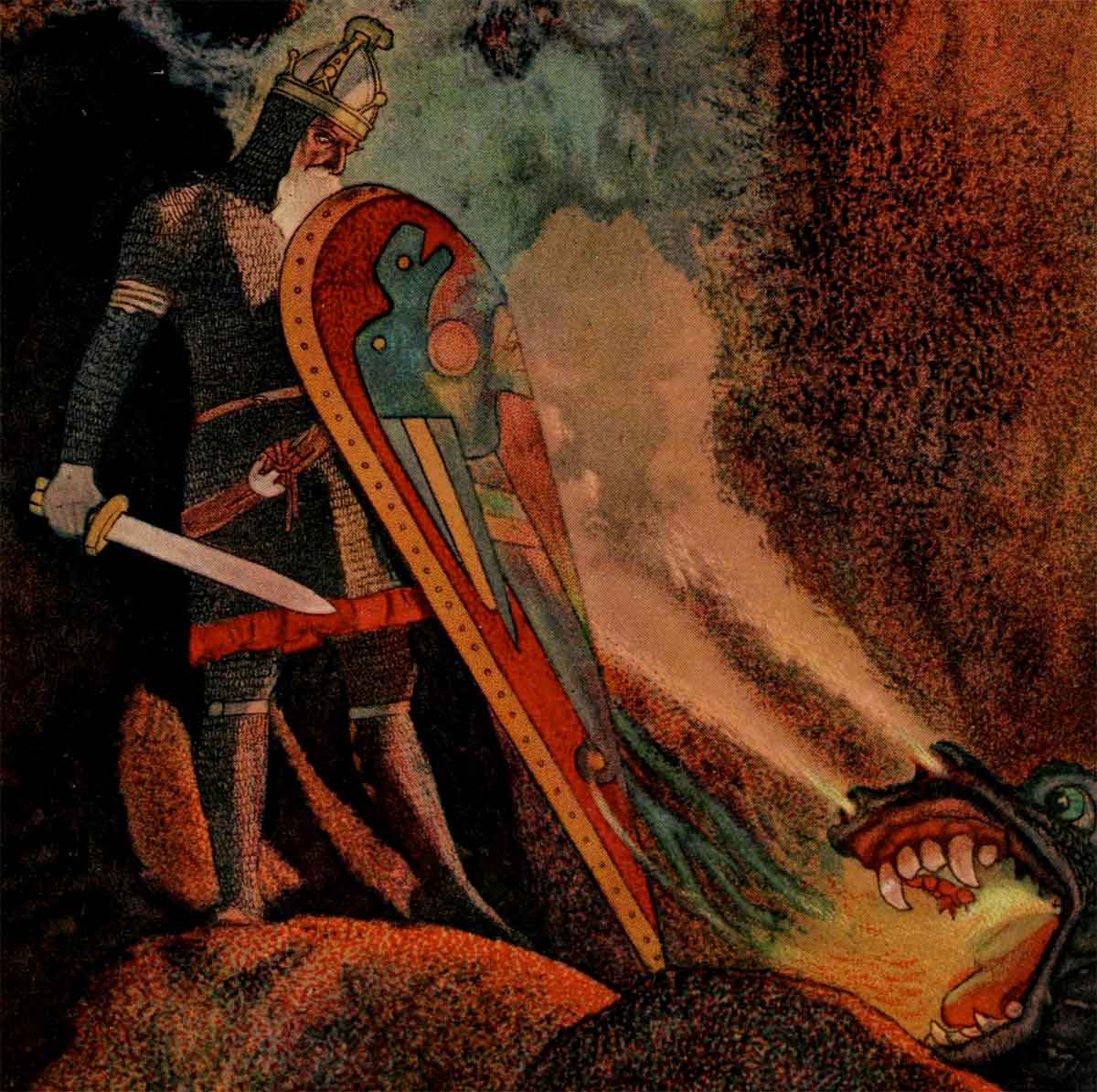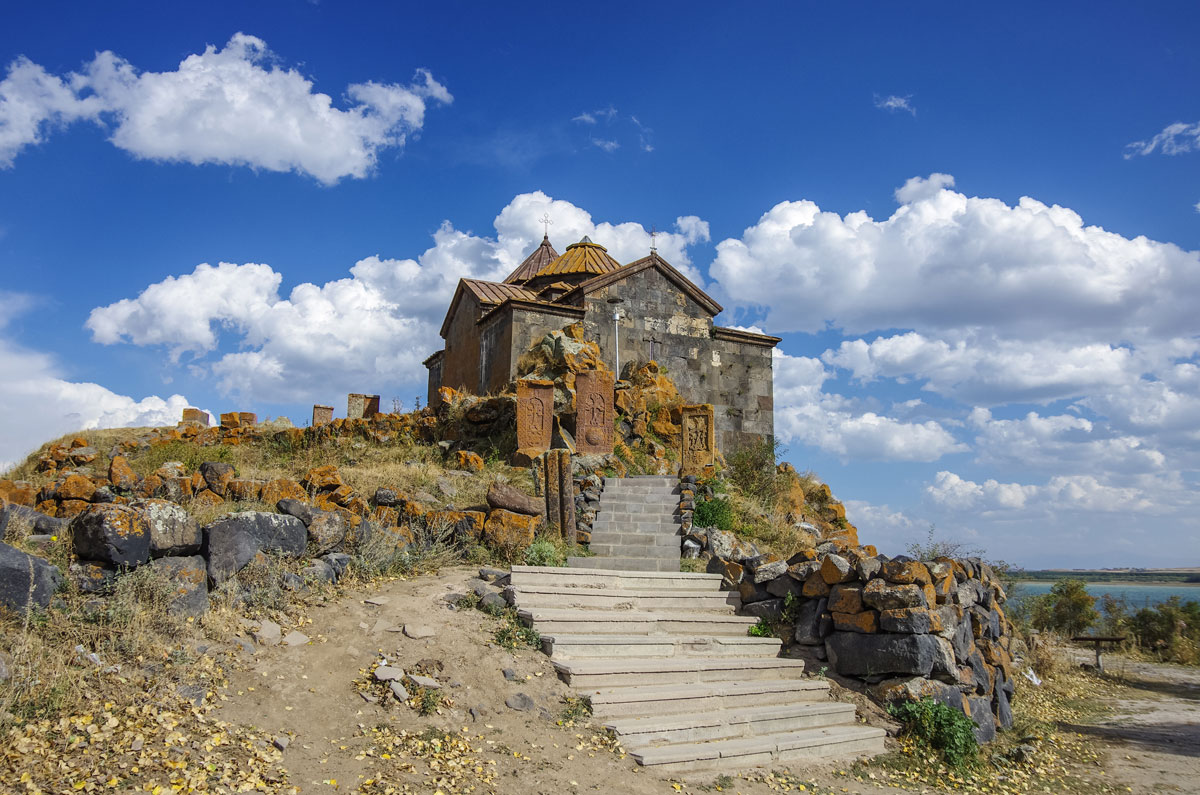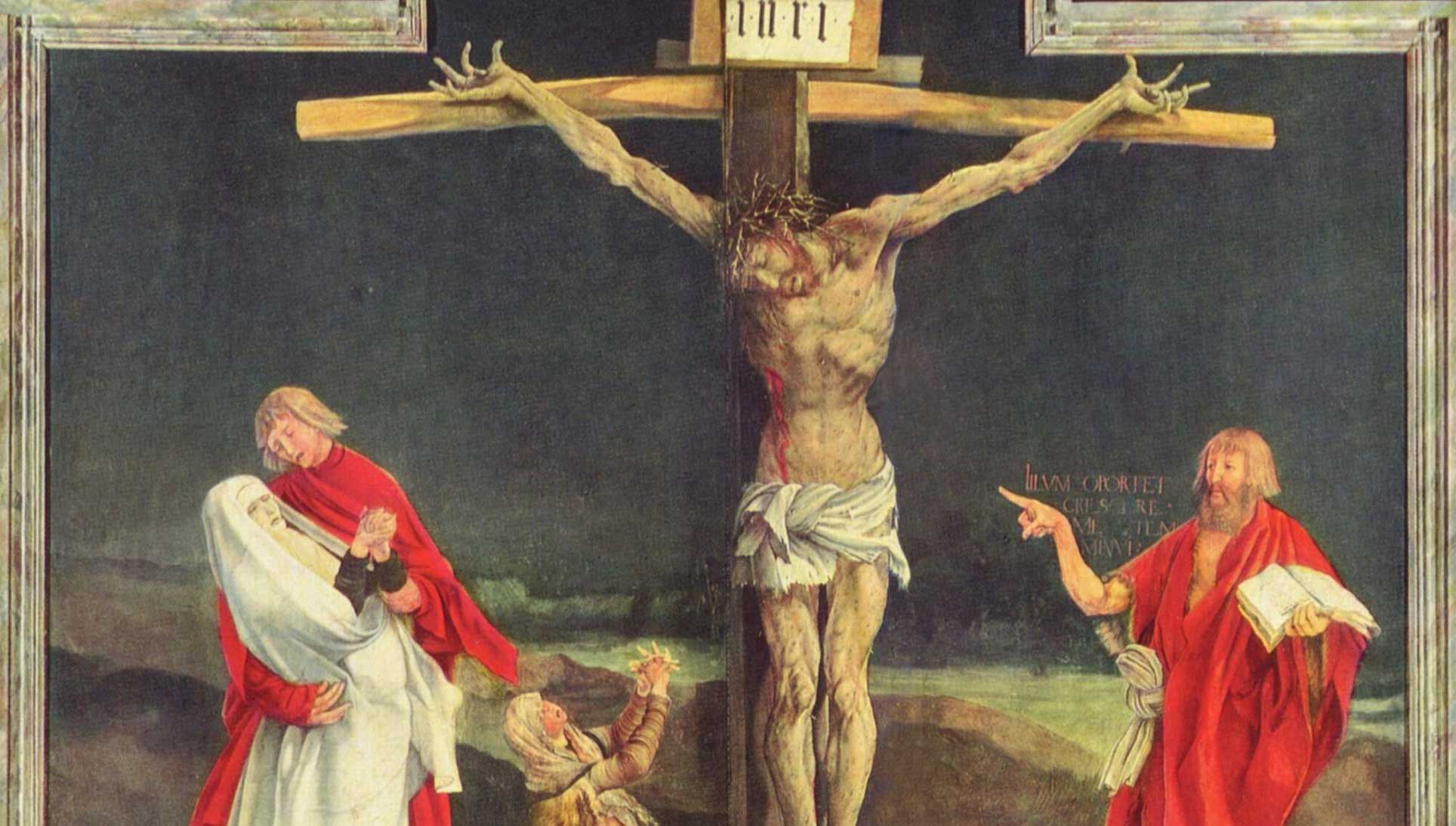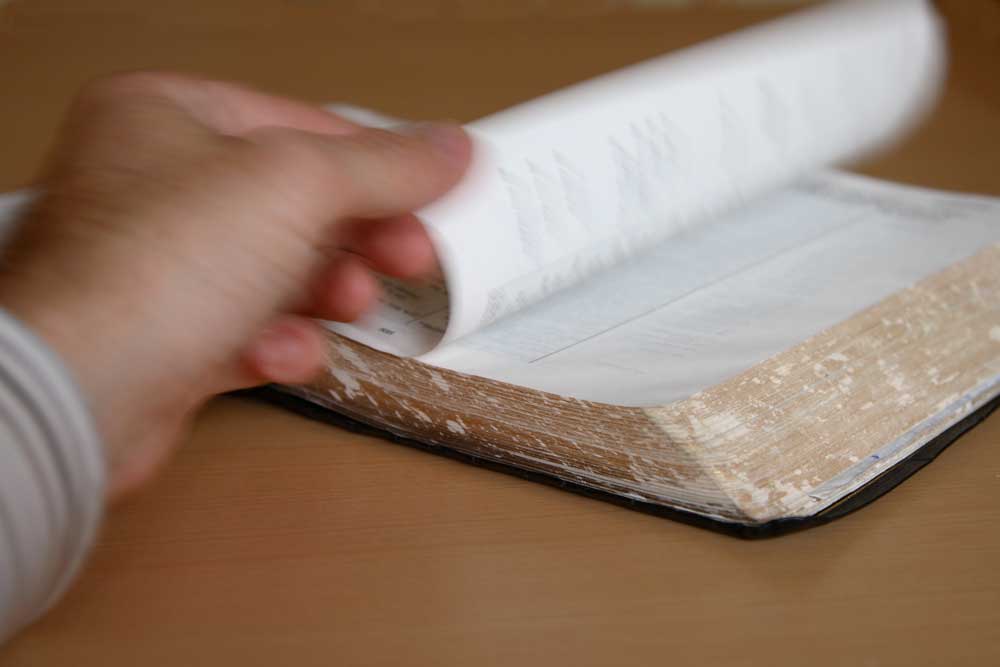View
Onward & Upward with Dante
Thomas Albert (Tal) Howard on the Paradiso as Light for the Christian Mind
Dorothy Sayers once quipped that attempting to grasp Dante's Divine Comedy only from reading the Inferno would be like understanding Paris only through its sewer system. Unfortunately, if students are even assigned Dante in high school or college these days, it is usually the Inferno, possibly some bits of the Purgatorio, and rarely ever the Paradiso.
This is a pity because Dante reserves some of his richest insights for the Paradiso: it is at once a primer and an advanced course in medieval Christian theology, a lavish commentary on the education and ascent to glory of the Christian mind.
Having left behind his former guide, the poet Virgil, Dante is now led by Beatrice, his adolescent crush transmuted into a symbol of divine love. This "sweet guide" (la dolce guida) skillfully leads him through the heavenly spheres according to Ptolemy's model of the solar system, until he reaches the Empyrean, the abode of God, angels, and all saved souls. There he glimpses, ever so briefly, "eternal Light" itself, the "Goodness that is infinite," "the Love that moves the Sun and all the other stars." Words fail him; the epic ends.
Along the way, Dante, the protagonist, grows in understanding. He is quizzed on the theological virtues of faith, hope, and love; he learns about angels' mysterious ways; he ponders free will; he meditates on various doctrines; and he chats with saints such as Thomas Aquinas, Benedict, and Bonaventure. All the while his love of and gratitude for Beatrice/Divine Love waxes and waxes as his longing soul prepares for the beatific vision itself. At one point, Beatrice dares not smile lest her incandescent good looks reduce Dante to ashes, for "my beauty [she says] . . . / flames up more brilliantly the higher we ascend / the stairs of this eternal palace."
Bloated Shepherds & Pestilential Rulers
Dante's well-known criticism of church and state continues in the Paradiso—in spades. In words that would have impressed Martin Luther, Dante assails the avaricious, "bloated" shepherds of the Church; "their fur-lined mantles hang upon their horses' flanks." In Rome, "the Gospels and the lofty doctors are neglected" while the Curia preoccupy themselves with the minutia of canon law: to this preoccupation, "the pope and his cardinals devote themselves, / without a single thought of Nazareth, where Gabriel spread out his wings."
In the realm of Jupiter, symbolic of God's sovereign justice, Dante catalogs the good and bad rulers of his day, listing among the latter a "pestilential dozen," guilty of pride, greed, cowardice, and "utter worthlessness." Awash in political malfeasance and incapable of finding a cure, Italy, in Dante's judgment, was "bewitched by blind cupidity," making it like an "infant, dying of hunger, / who shoves his nurse's breast away." But this debased world—"this little patch of earth that makes us . . . so fierce"—grows fainter and fainter as the poet ascends the heavens.
Piccarda's Story
Some of the most touching moments of the poem, however, occur in the sub-solar realm—the lower spheres of the moon, Mercury, and Venus. Saved souls are present here, to be sure, for these areas, too, constitute part of paradise. But the saintliest of saints these are not. They are Christians who have not always led exemplary lives, who have experienced failures and setbacks, difficulties and frustrations. Most of us can probably identify with them best of all.
The story of Piccarda, a nun who had neglected her vows, is especially poignant. Dante encounters her in the lunar sphere and wonders if she is content there and would not rather "desire to achieve a higher place, where you / might see still more and make yourselves more dear?"
Thomas Albert Howard is Professor of Humanities and holder of the Phyllis and Richard Duesenberg Chair in Christian Ethics at Valparaiso University.
subscription options
Order
Print/Online Subscription

Get six issues (one year) of Touchstone PLUS full online access including pdf downloads for only $39.95. That's only $3.34 per month!
Order
Online Only
Subscription

Get a one-year full-access subscription to the Touchstone online archives for only $19.95. That's only $1.66 per month!
bulk subscriptions
Order Touchstone subscriptions in bulk and save $10 per sub! Each subscription includes 6 issues of Touchstone plus full online access to touchstonemag.com—including archives, videos, and pdf downloads of recent issues for only $29.95 each! Great for churches or study groups.
Transactions will be processed on a secure server.
more on literature from the online archives
more from the online archives
calling all readers
Please Donate
"There are magazines worth reading but few worth saving . . . Touchstone is just such a magazine."
—Alice von Hildebrand
"Here we do not concede one square millimeter of territory to falsehood, folly, contemporary sentimentality, or fashion. We speak the truth, and let God be our judge. . . . Touchstone is the one committedly Christian conservative journal."
—Anthony Esolen, Touchstone senior editor





